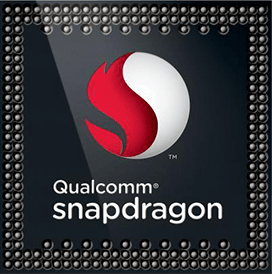What's the best choice Qualcomm Snapdragon 680 4G or HiSilicon Kirin 970? Which processor is faster?
We have prepared a comparison to help you choose the best processor. Compare their specifications and benchmarks.
Qualcomm Snapdragon 680 4G has a maximum frequency of 2.40 GHz. 8 / 8 Cores. Released in Q1/2022.
HiSilicon Kirin 970 has a maximum frequency of 1.84 GHz. 8 Cores. Power consumption of 9 W. Released in Q3/2017.
 Reasons to consider
Reasons to consider Place in the overall ranking
(based on several benchmarks)
Higher clock speed
Around 23% better clock speed
Common positions Qualcomm Snapdragon 680 4G CPU in popular benchmarks, for comparison with other models.
Place in the overall ranking
(based on several benchmarks)
Common positions HiSilicon Kirin 970 CPU in popular benchmarks, for comparison with other models.
 Qualcomm Snapdragon 680 4G
Qualcomm Snapdragon 680 4G
Background information about the processors being compared, series, generation and market segment.
Basic parameters such as number of cores, number of threads, base and turbo frequency, and cache size. These parameters indirectly tell about the speed of the processor, the higher they are the better.
Internal Graphics does not affect the performance of the CPU, performs the work of the graphics card in its absence or on mobile devices.
Built-in codecs used to encode and decode content. Significantly speeds up the required operations.
Types, channel quantity of RAM supported by HiSilicon Kirin 970 and Qualcomm Snapdragon 680 4G. Depending on the motherboards, higher or lower memory frequencies may be supported.
Compare the TDP requirements of TDP Qualcomm Snapdragon 680 4G and HiSilicon Kirin 970 to select a cooling system. Note, the TDP value refers to thermal watts, not electrical watts.
Architecture, interfaces, additional instructions supported by Qualcomm Snapdragon 680 4G and Qualcomm Snapdragon 680 4G, virtual machine technologies and process technology.
Based on the results of several benchmarks, you can more accurately estimate the difference in performance between Qualcomm Snapdragon 680 4G and HiSilicon Kirin 970.
Compare the synthetic test values and choose the best processor!